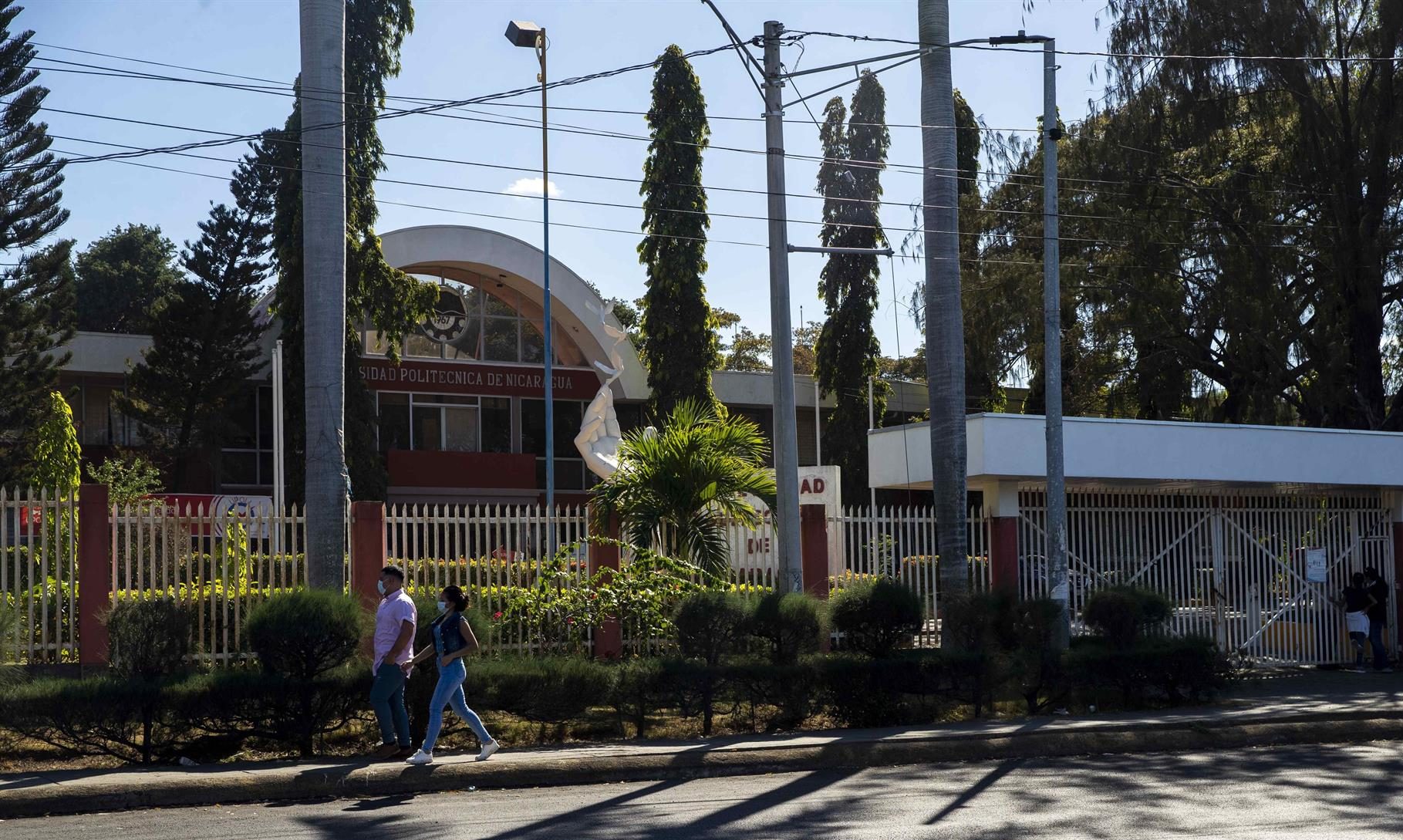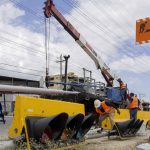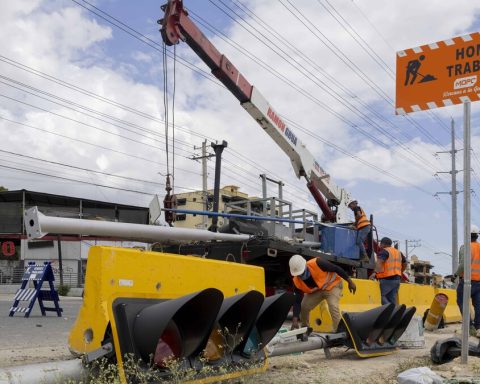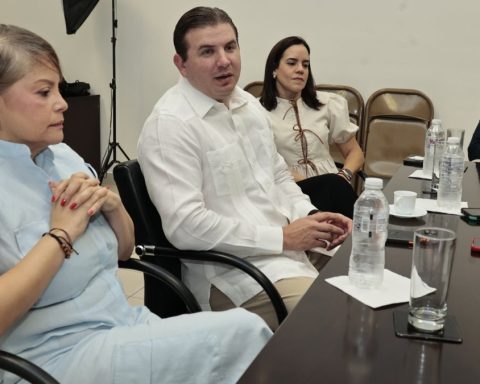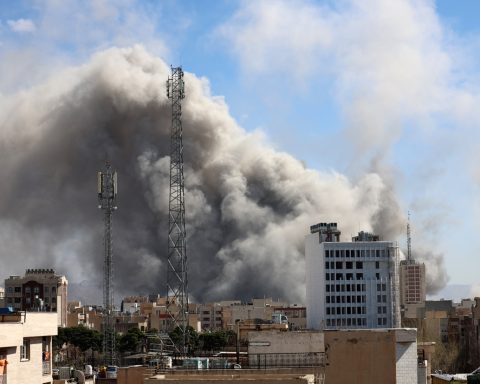The political and repressive violence on the part of the State has caused great setbacks in education, academic freedom, expression and university autonomy that affects the development of the country, say education specialists during the forum “Academic Freedom, Democracy and Human Rights in Nicaragua, from crisis to reconstruction” organized by the Human Rights Collective Nicaragua Never +.
“The right to education is a catalyst for the guarantee of other human rights and this same right was not being respected in Nicaragua, in accordance with international standards,” said Soledad García Muñoz, special rapporteur for Economic, Social, Cultural and (ESCER) of the Inter-American Commission on Human Rights (IACHR).
The rapporteur adds that a few years ago they called on the State of Nicaragua to investigate the student’s complaints about incitement by the university authorities and Sandinista leaders. They also asked that it guarantee university autonomy and the freedom of thought of its teachers and students, but there has been no response.
Now with the cancellation of universities it is observed how “the right to education in general is being affected by the context and the human rights crisis in the country,” added the rapporteur during a forum held for International Education Day.
For her part, the doctoral researcher at the GIGA Institute, Alina María Ripplinger, pointed out that “Nicaragua is already considered a country with closed civic spaces,” that is, there are no longer spaces for civic actions or for academia.
Ripplinger explains that unlike other countries with authoritarian regimes, the academy has managed to resurface through other spaces, but in the case of Nicaragua it has been seen that the repression is directed towards specific people, voices that are considered opposition.
“In Venezuela we see a more persistent situation, there are more different effects on educational centers and universities, but at the same time the repression has not been so restrictive (…) some educational centers have been able to maintain their independence. That is to say, the situation in general is much more complex, but less focused on specific subjects as we see in Nicaragua”, exemplifies the researcher.
The IACHR rapporteur adds that this situation of vulnerability to the right to education and academic freedom has caused the country to lose a lot of human talent, either because they have been imprisoned or because they have had to leave the country. Likewise, she adds that the repression of the regime is no longer only in the universities, now it has extended to basic education.
Students lose access to differentiated education
The repression in educational matters also affects students, adds Ripplinger, because they do not have access to a type of differentiated and independent education that allows them to have a critical position. Faculty cannot provide them with this type of education because they fear being expelled, being intimidated, or affecting their personal safety.
“There we see an interrelation of the freedom of expression of teachers, in their work as academics when educating students and the right of students to receive an independent differential education,” he points out.
The educational crisis has worsened in Nicaragua since the protests of April 2018. These were started by university students in the face of government repression of the elderly and later spread to the entire country. Public university students who got involved in the protests and the takeover of universities were sanctioned with expulsions. After this, the Government sharpened the repression within the universities and punished those who it considers a risk to its dictatorship.
In 2022, the closure of Non-Profit Organizations (OSFL) intensified, among the more than 3,000 associations that lost their legal status that year, there were more than a hundred that had educational work. Organisms killed include Nicaraguan Writers’ Center, the Nicaraguan Academy of Sciences, the Eduquemos Nicaraguan Educational Forum, and various private universities that later became state-owned.
The control of the Superior Council of Universities (CNU) towards the universities has also increased. Since August 2020, it obliges the houses of higher education that are part of it to report on the migratory movements of their teaching and administrative staff. Meanwhile, surveillance and control also persist in public schools.
